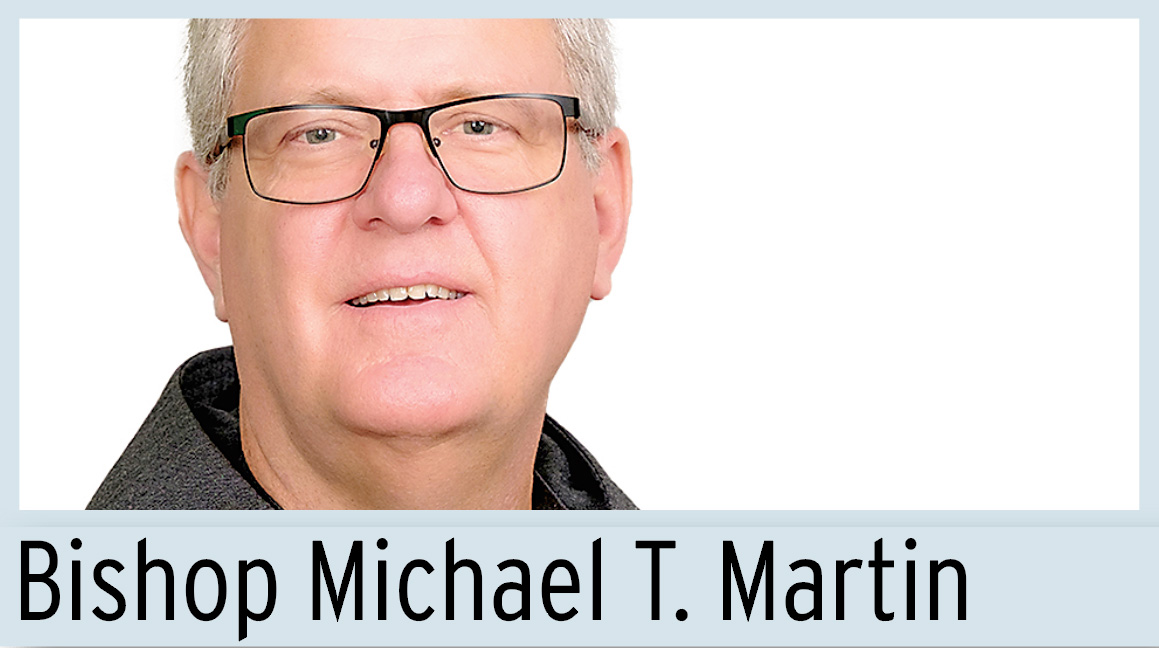 Natural disasters are nothing new on the planet. The fact that they are referred to as “natural” begs the question why we are so often caught asking ourselves “why?” The latest rampages of Mother Nature in North America – Storm Helene (closely followed by Storm Milton) – brought unexpected destruction because of the high ground where it dumped its record-breaking rainfall.
Natural disasters are nothing new on the planet. The fact that they are referred to as “natural” begs the question why we are so often caught asking ourselves “why?” The latest rampages of Mother Nature in North America – Storm Helene (closely followed by Storm Milton) – brought unexpected destruction because of the high ground where it dumped its record-breaking rainfall.
We don’t normally link hurricane damage with the Smoky Mountains. As I visited some of the hardest-hit areas of western North Carolina, the irony was on full display: a number of survivors with whom I spoke had recently moved here from Florida, hoping to avoid such tempests. No such luck. Communities built along streams over 100 years ago for the mill power that the river could provide were ultimately destroyed by that very power on steroids.
Between 20 to 30 inches of rainfall in two days created extreme volumes of water, which raced down mountainsides into valleys, generating a force that could rival coastal storm surges. You don’t need to be an environmental scientist to understand it, but it was still unbelievable to see its results. The town of Swannanoa in particular left me speechless – and for those who know me, that is saying something.
No competition in the race of misery
Why read further? This is by no means “news,” and while many are still without power and water (another irony), the news of the day has moved on to other areas of the human experience that catch our fascination.
I wish I could present some unique dynamic that qualifies our disaster as somehow different. And yet, there is no competition in the race of misery. There is no comparison between “my” tale of woe and yours.
Ultimately, each disaster is personal: The only thing that matters is that my disaster is “mine.” And until such a time as my house can be rebuilt and my town can get back to business and my church can worship again with electricity and functioning plumbing, my life is the one most in need and my fear is that people will begin to forget what we have been through and move on without me and my family.
How does the Church walk with people in this challenging moment? To think that we can bring the same level of resources that federal, state and local government officials can is to misunderstand our mission.
Certainly, we, especially through Catholic Charities, can address some of the incredible needs that are coming forward at this time – more about that later.
However, that is only part of our mission – and when overly emphasized, it can keep us from exploring the greater depths of grace that are present to us in moments such as these. What then does the Church bring to such a time of devastation, beyond the valid and wonderful attempts to address people’s material needs?
As Pope Francis has thrown such a powerful spotlight on synodality, here is a place to make it real. So often, especially in the USA, we drift toward action. As beneficial as that innate response may be, it is insufficient for the moment. Being with people, a step essential in synodality, is what is needed, and it is hard – really hard. I spent just a few days in those devastated communities, and I was exhausted.
Sure, I hauled supplies in my car and was able to make a donation, but that was nothing in comparison to the pain I felt when I met – and walked with – the people who have lost so much. I could feel my own heart desiring to head back to the city so that my life could “get back to normal.”
Was my visit enough? Probably not. But that is where we as a Church can commit to “being with” when none of us can do it alone.
Walk with the needy – and everyone
The Catholic Church walks with the world. We walk in good times and in bad, in sunshine and in hurricane. We walk with. Certainly I would love for you to support the relief efforts, but I would also invite you to consider if you are ready to walk with those in need, or (even more difficult) to walk with those with whom you disagree – not for just a moment, but as a way of life.
As election time draws near, we are confronted with the juxtaposition of many people willingly making sacrifices for hurricane victims without even the slightest consideration of their political views, while we may disdain to even live on the same street as someone who has a yard sign displaying support of a candidate we can’t stomach.
Synodality calls us to walk with everyone, to listen to everyone, just as Jesus did. If we don’t, the hurricanes of turmoil will break our land and our spirit far more than the wind and rains of Helene, Milton, and whatever else broken Mother Nature has in store.
Bishop Michael Martin, OFM Conv., wrote this commentary for the Catholic Herald in London, and it is reprinted with permission.


